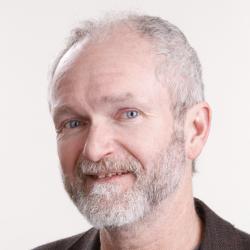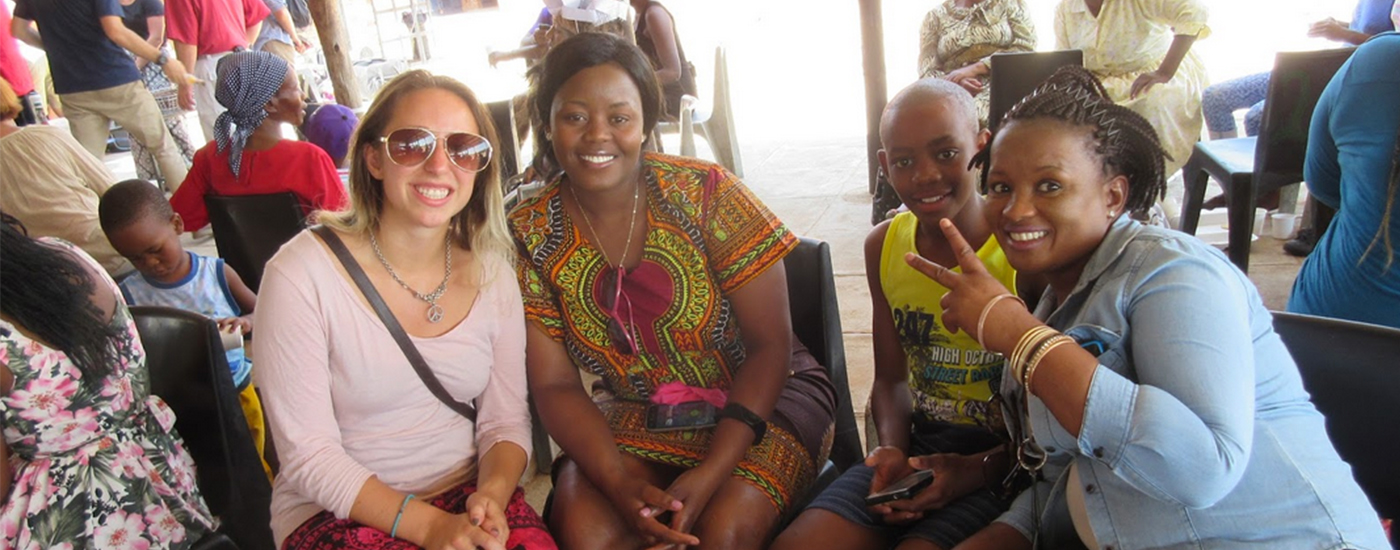When my wife and I tell people that our daughter is serving as a health care educator with the Peace Corps in Botswana, most times we get two questions. 1. Where is Botswana? 2. Is it safe?
For the first question we have a simple answer, verifiable with a map or an app. Botswana is in southern Africa, sandwiched between Namibia on the Atlantic and Zimbabwe on the Indian Ocean, with South Africa just to the south. There are barely 2 million Batswana, as we have learned to call the people there.
The second question is trickier. Friends whose consumption of news about Africa is skewed by reporting focused mostly on wars and outbreaks of Ebola were understandably concerned that our tough and determined 23-year-old was heading off to a place they knew little about. We undertook many hours of research on Botswana, fully aware that the likelihood of our findings influencing this determined young lady were near zero.
The results were encouraging. We called a friend, a nurse who worked in Botswana for a year, and she reported, to our great relief, that it is actually one of the safest places in the world. Google sent us to numerous blogs, mostly penned by travelers who go there to see the Texas-sized country’s vast and well-protected wildlife refuges, and for the most part they seem to enjoy their visits without worry.
Botswana is a country that acquired its independence without bloodshed and has avoided the racial and civil wars that have affected its neighbors. So yes, it’s safe.
We were relieved, and in the months our daughter has been there she has been welcomed by a new family and made plenty of friends. She is getting down to work in her field, women’s health care, in a country with a still-too-high rate of HIV infection.
But Google is a funny animal, and in the course of our research we came upon this startling advisory, issued by the Botswana government as a warning to its own citizens: “Batswana living in the USA and those traveling to the U.S. are urged to be more cautious in their travels to some areas within the U.S. as safety is of a major concern.”
The foreign ministry website then listed a number of places in the United States where shootings by police, riots, and other dangers lurked.
This warning was posted in late summer, before the latest mass shooting in Oregon claimed nine lives on a community college campus or the killing at Northern Arizona University. It included the police shooting of Walter Scott in South Carolina, the April murder of a college employee in North Carolina, and the racist massacre of nine members of a congregation in Charleston. In point of fact, the list could have been endless.
Meanwhile, the State Department advises U.S. citizens traveling to Botswana to exercise normal precautions. There is a terrible drought, so be sure you know where your nearest water supply is located. And the power goes out most days in the capital, so keep a flashlight handy. And of course, if you see a rhino, don’t get out of the Jeep. Common-sense stuff, which you can prepare for. Unlike what is happening across our land, where people going to school, going to church, going to the movies, suddenly find themselves at risk from crazed gunmen.
I took a look at this list of gun massacres in the United States, compiled by The New York Times. Click on it, if you have the stomach to revisit these terrible crimes.
As I went through it I had two thoughts. The first, which made me feel awful, was realizing how many such heinous crimes I had already forgotten about. In my own country, there are too many such tragedies to store in our memory.
The second thought was that seven of those mass murders occurred at places of learning: an elementary school, a high school, and five colleges. Fifty-seven students and their teachers were gunned down.
Before she went to Botswana, our daughter was a college student. And before that, she went to high school. Before that, grade school.
So when people ask, “Is she safe there?” I think, actually, the truthful answer is, “Safer than she was back here.”
Just Shoot Me

By
Posted on

With mass shootings becoming common place, how safe is the U.S.?








